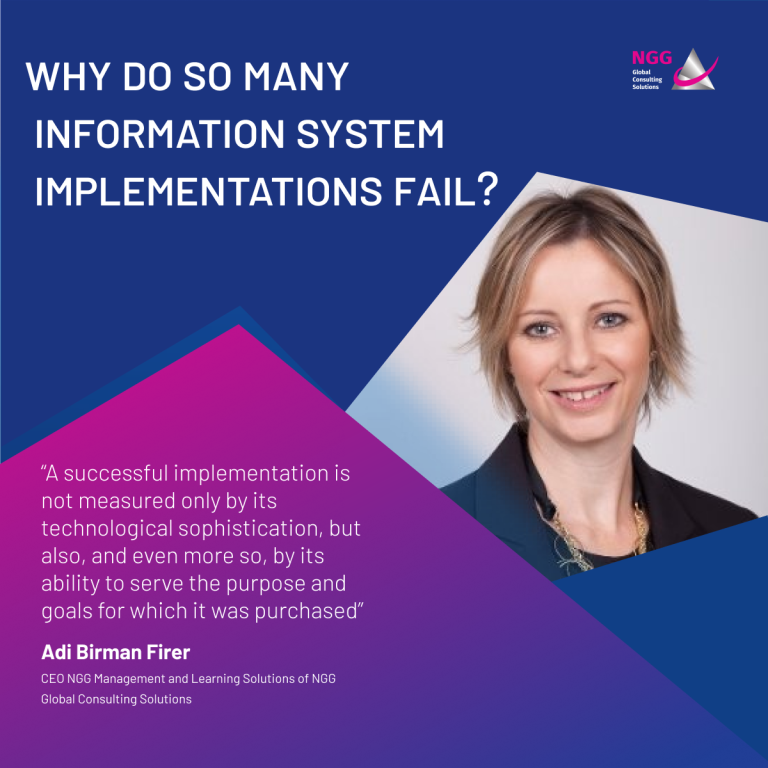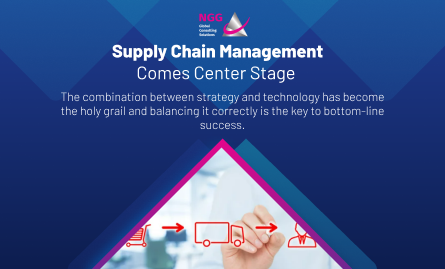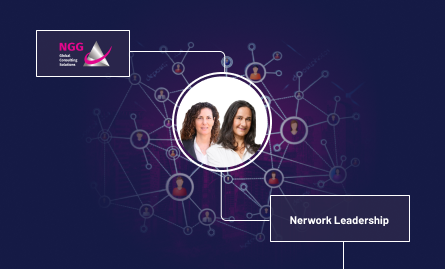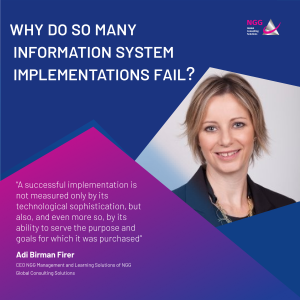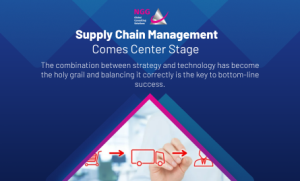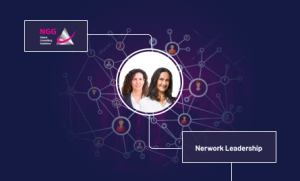Throughout August, we are going to host HR, OD, and L&D managers in a peer-learning session devoted entirely to management development processes in a globalized world. During this conference, we will present Stratasys as a case study and host key individuals from Germany and Denmark.
Just before the conference begins, we would like to present you with three tips every manager in a global society must recite:
1. Wider context
If a remote organizational unit asks for administrative support from you, a training or human resources manager, never intervene in a process which is not critical nor constitutes the center of your work.
Tip: local interventions must be closely linked to the overall picture, no matter how special everyone believes they are.
2. Training Platform
Although there are processes of globalization and rapid technological development, one must remember there are 5 generations among the managing population we support. Most individuals who occupy key positions are still earning more from learning skills in person.
Tip: it is desirable, important and necessary to integrate Blended Learning. It may be cheaper to develop and deliver Webinars, yet it is worth remembering that while possible, effective learning is directly related to everyday challenges and the best internalization occurs at face-to-face dialogues.
3. ''A person is considered to be a relative to himself''
Many global organizations tend to guide in English and bestow less importance to the culture, language and surrounding. It is true that we all must get used to “speaking business”, listen to corporate instructions (which is more often than not conveyed in English out of lack of choice), yet if the purpose of exclusion is transforming the principle into behavior, one should consider all of the cultural parameters of the target population.
Tip: it is advisable to carry out Mindset, tools and skills gained through local managers, in every single culture and native language.
